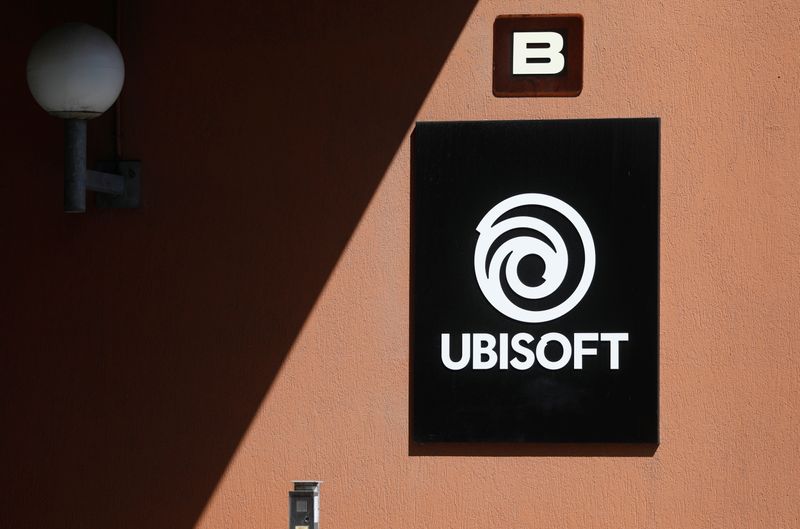(Reuters) – Ubisoft expects its top-line to grow in the 2021-2022 fiscal year, the French video game maker said on Tuesday, citing a big slate of major new releases, a big step in the free-to-play model and a strong back catalogue of games.
In fiscal year 2021-2022, which begins April 1, the group will continue its evolution from a blockbuster games release-centric model towards a model where flagship games stand alongside free-to-play, Chief Executive Yves Guillemot told analysts in a call.
The COVID-19 pandemic, which forced people to stay at home, boosted demand for games, helping the company’s third-quarter net bookings to rise 120% year-on-year to a record high of 1 billion euros ($1.21 billion).
Just Dance 2021, and excellent reviews for Immortal Fenix Rising and Assassin’s Creed Valhalla boosted the performance, Ubisoft said.
The company saw strong engagement throughout all of its portfolio, noting this trend continued in January, Guillemot added.
However, the pandemic also delayed games development, leading Ubisoft to postpone the releases of the Prince of Persia remake, and Riders Republic, following last year’s rescheduling of Far Cry 6 and Rainbow Six Quarantine to its next fiscal year.
The strong third quarter gives Ubisoft the comfort to postpone games, Guillemot said, noting this would allow it to focus on producing games of higher quality.
The maker of blockbuster Assassin’s Creed franchise revised its net booking guidance for its 2020-2021 fiscal year to 2.22 billion to 2.28 billion euros, with an operating income seen between 450 million and 500 million euros.
Ubisoft had previously seen net bookings of 2.20 billion to 2.35 billion euros and operating income of 420 million to 520 million euros.
“We see the lowering of the top range of FY guidance to be conservative”, Jefferies said, while Credit Suisse noted the revised operating income forecast is below consensus.
The French publisher didn’t provide a release date for its new Star Wars Game, simply saying it is in “the early stage of development”.
($1 = 0.8260 euros)
(Reporting by Charles Regnier and Enrico Sciacovelli; Editing by Dan Grebler and Steve Orlofsky)























